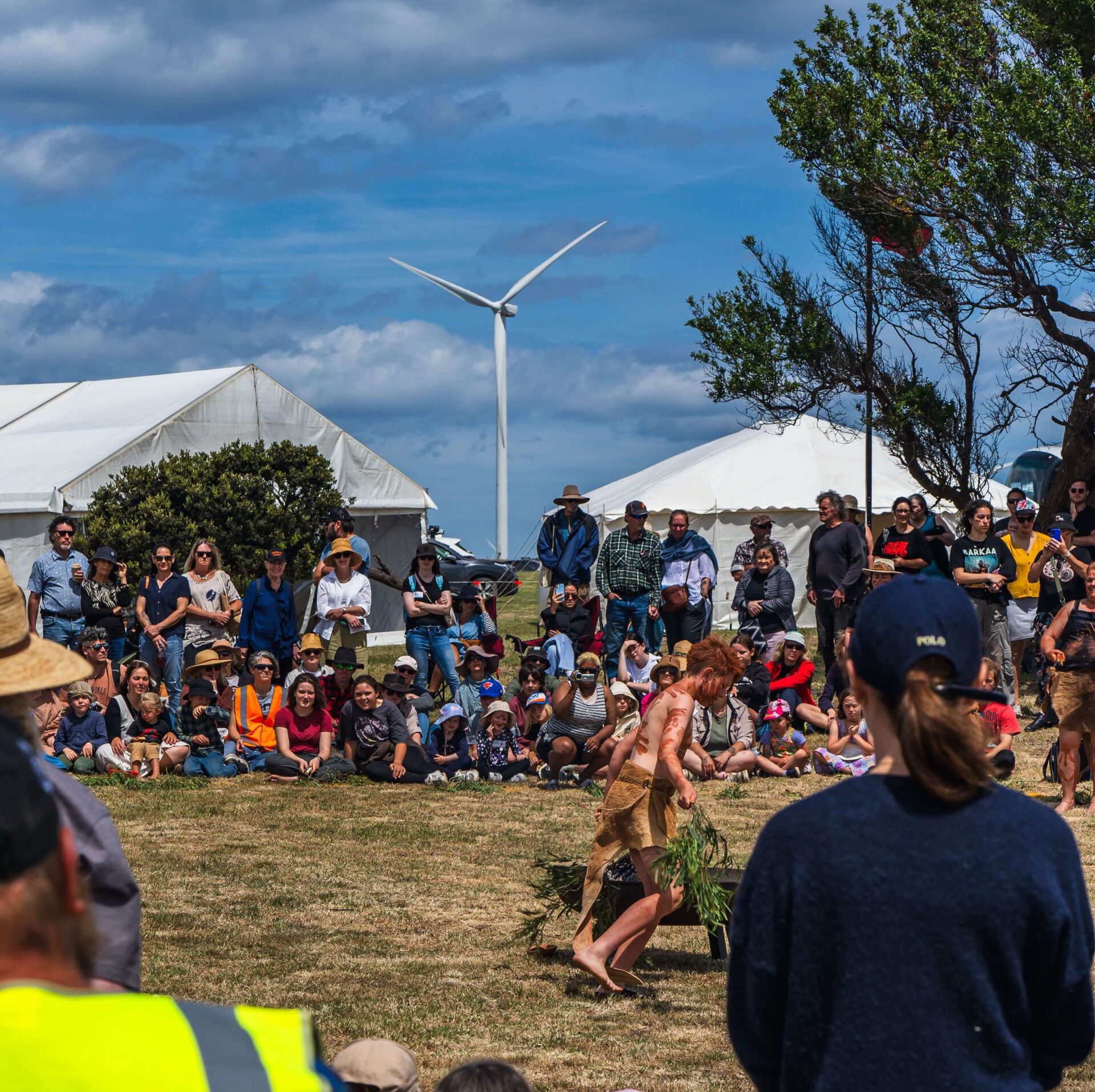Regional communities are central to the success of Australia’s shift to clean energy. Their treatment and level of agency in influencing new energy infrastructure development will greatly affect the efficiency of the large-scale renewables rollout. A roll out which, having been delayed for far too long, is now attempting to be delivered at a very rapid pace inorder to meet Australia’s much needed Paris Climate commitments and a 82% renewable energy target by 2030.
So how can our regional communities who are being asked to host a nation’s new energy infrastructure be empowered to influence the design, reap the benefits of this energy boom, and genuinely participate in the energy shift?
One method lies in the not-too-glamorous lever of tender merit criteria.
- How a project has engaged with a community to date and what it plans for the future;
- How a project has designed its benefit-sharing program with its host community;
- Whether First Nations people have been involved; and
- Initiatives that have been established to enable local workforce participation.
When done well, these elements form the backbone of building trusted relationships and fostering stronger social licence.
The call for better community engagement with a focus on building social licence is being voiced throughout the renewables sector. Most notably, the Australian Energy Infrastructure Commission (AEIC) Community Engagement Review recommended that the Government “Improve community engagement by motivating developers to achieve best practice and only selecting reputable developers for new project development”.
Australia needs national leadership that directly improves the social performance of renewable energy projects so that communities can have confidence in the national energy shift. Where the Federal Government provides incentives or permits for renewable energy development such as the Capacity Investment Scheme, funding provided through ‘Rewiring the Nation’ or Offshore Wind Feasibility Licenses, it must be coupled with strong National Merit Criteria for social performance.
It’s not enough for a project to be financially viable and technically sound, projects must also be fair to the communities and environments that host them.
Community Power Agency has prepared a discussion paper on the need and importance of implementing National Merit Criteria for incentivising best practice renewable energy development in an effort to highlight how this seemingly unassuming tool could be a key to unlocking social licence for the renewables sector.
